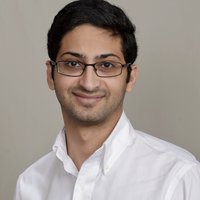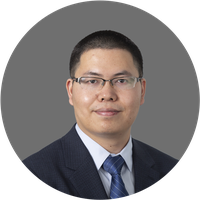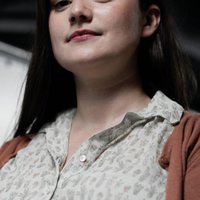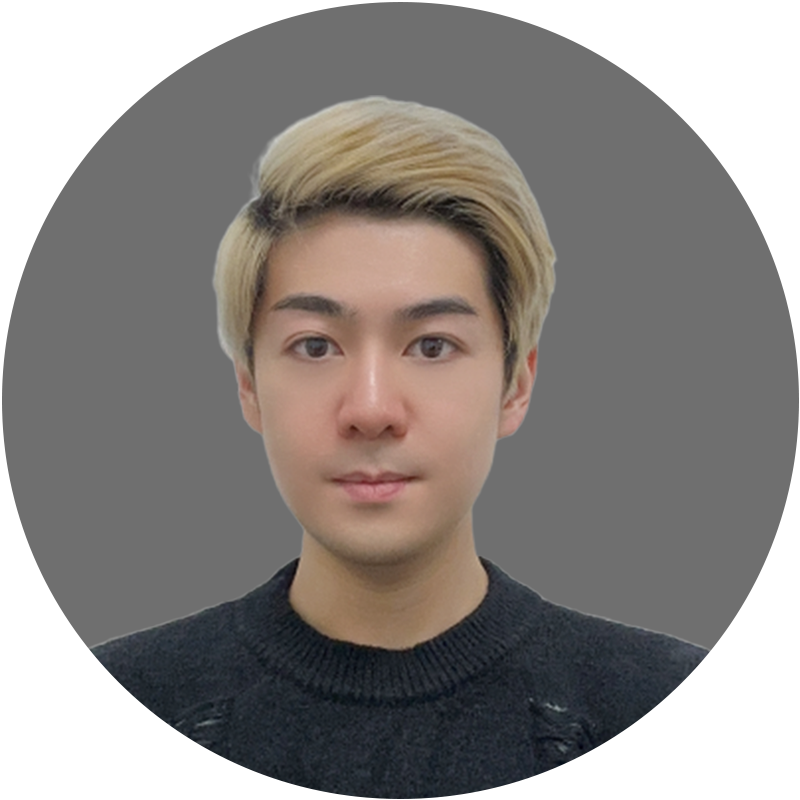Biotechnology & medicine
Chun SO
Proposing a new molecular mechanism in therapeutic strategy that can be implemented in fertility clinics.

MENA
Alaa Alahmadi
Innovating new AI-Based ECG monitoring technology.

MENA
Fahd Al Qureshah
A novel requirement for PI3Kδ signaling in plasma cell survival via regulating autophagy and ER function.

China
Quanyin HU
Developing a series of platelet-based drug delivery strategies for various disease treatments.

Europe
Sian Farrell
Chief Scientific Officer and Co-Founder of StimOxyGen
